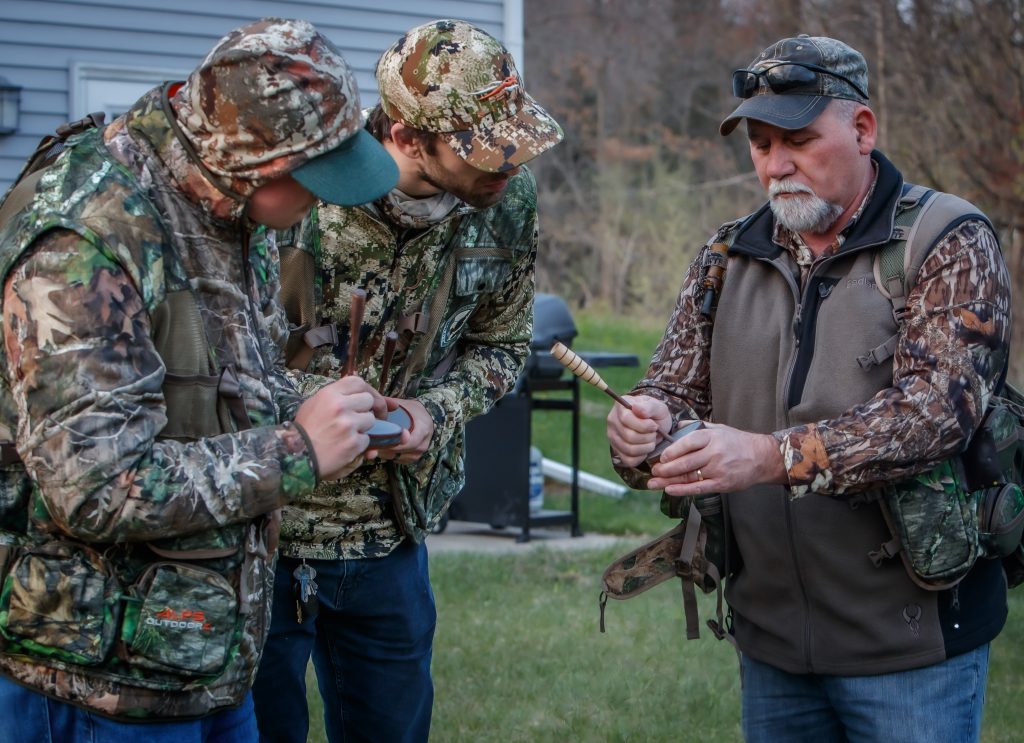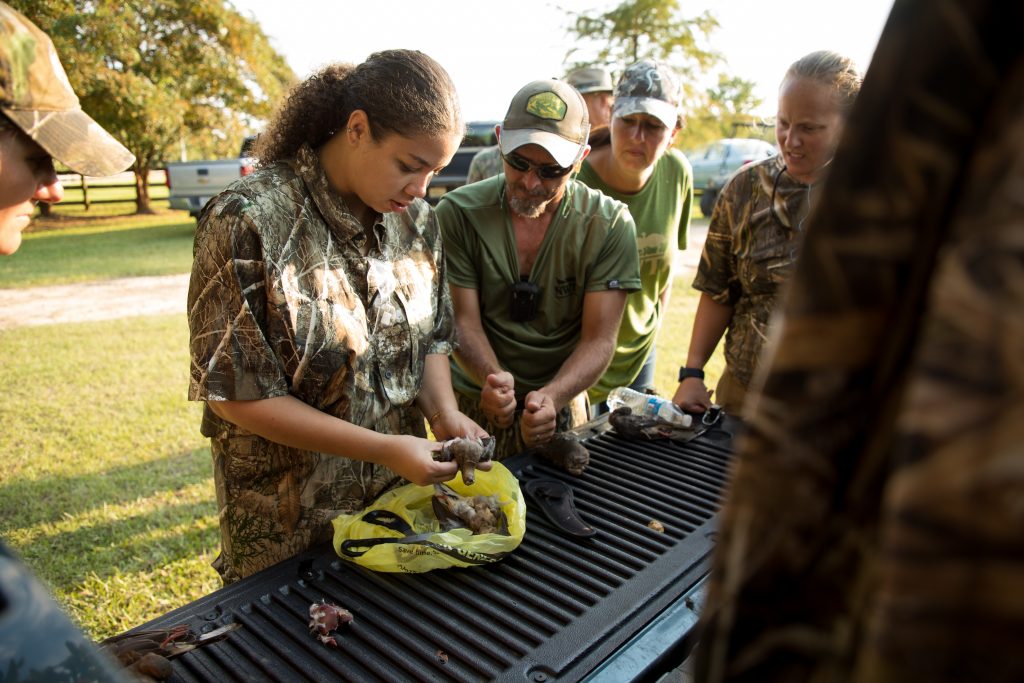Growing A Community
Recruitment, retention and reactivation is more than just a one-and-done encounter. It’s about building a network for the uninitiated.
Hunter Recruitment, Retention and Reactivation, or as many simply call it, R3, could be intertwined into NWTF’s history since the start of our Education and Outreach programs back in 1981 with the JAKES program. However, most notably, our organization launched formal R3 efforts in 2014 alongside the Council to Advance Hunting and Shooting Sports.

The R3 efforts stem from research dating back to the 1980s when conversations began around the shift in declining shooting sports and hunter participation numbers. As developments, such as technological advances, continue to streamline food production, our country shifted from the necessity of our hunting heritage to, more often than not, hunting and shooting sports being a chosen lifestyle hobby or addition. The organization’s formal efforts in R3 were built upon the recognized need to develop collaborations with state and federal wildlife agencies and our volunteer base to join our resources and partners to have the biggest impact. From the beginning, R3 has been described as an innovative and adaptive model to build upon as we note the ever-changing societal and resource demands and trends; it should be no surprise that over the course of the past nine years, our R3 efforts have transformed as well.
Through the years of partnership and hard work, our efforts began to build programming across the country to provide opportunities for novice hunters and shooters through Learn to Hunt events, JAKES Take Aim events, wingshooting classes, hunting clinics, Field-to- Fork dinners and many more volunteer-driven events. Additionally, as the NWTF built new state and federal agency partnerships, we saw our R3 coordinators begin to work within the internal framework of our agency partners to help streamline and design the public’s interactions across all agency-wide efforts — not just NWTF — to include pathways that bring in other nongovernmental organizations and industry-level individuals. This increases the capacity and opportunities provided to newly recruited participants, as they are introduced into a wider breadth of hunting and shooting sports events. The contributions over the years have created an environment built to cultivate opportunity and options: a chance for newcomers into hunting and shooting sports to find a low-barrier, low-investment, yet high-support option to explore.
Looking forward into the future of R3, there is a key term that continually comes to the forefront of conversations as we plan and brainstorm: community. As we continue to grow the outreach opportunities through mentored hunts and educational events in our partnerships, how do we emphasize the importance of connecting new participants with experienced individuals and with one another to grow alongside? As many reading this can relate, the memories shared and connections made while hunting and shooting are often high on the list of our ‘whys’ of staying involved. Through R3 efforts, especially when evaluating the goals of retention, the consideration of building communities will influence the way we move forward. In the years to come, we see the integration of stronger communication avenues built specifically for new hunters to connect with one another, multi-tiered statewide programming to provide clear next steps for individuals at any phase of their learning journey, and a growing emphasis of local mentor-mentee relationships to be at the forefront.

Being a part of the NWTF, we have a unique opportunity to view our local chapters as an open-door invitation to new participants in our region, to connect with our state agencies, and to share our passions with those around us to help bring together new communities in your personal networks. From the beginning, R3 has been a collaborative effort, and will continue to help us preserve our hunting heritage.
